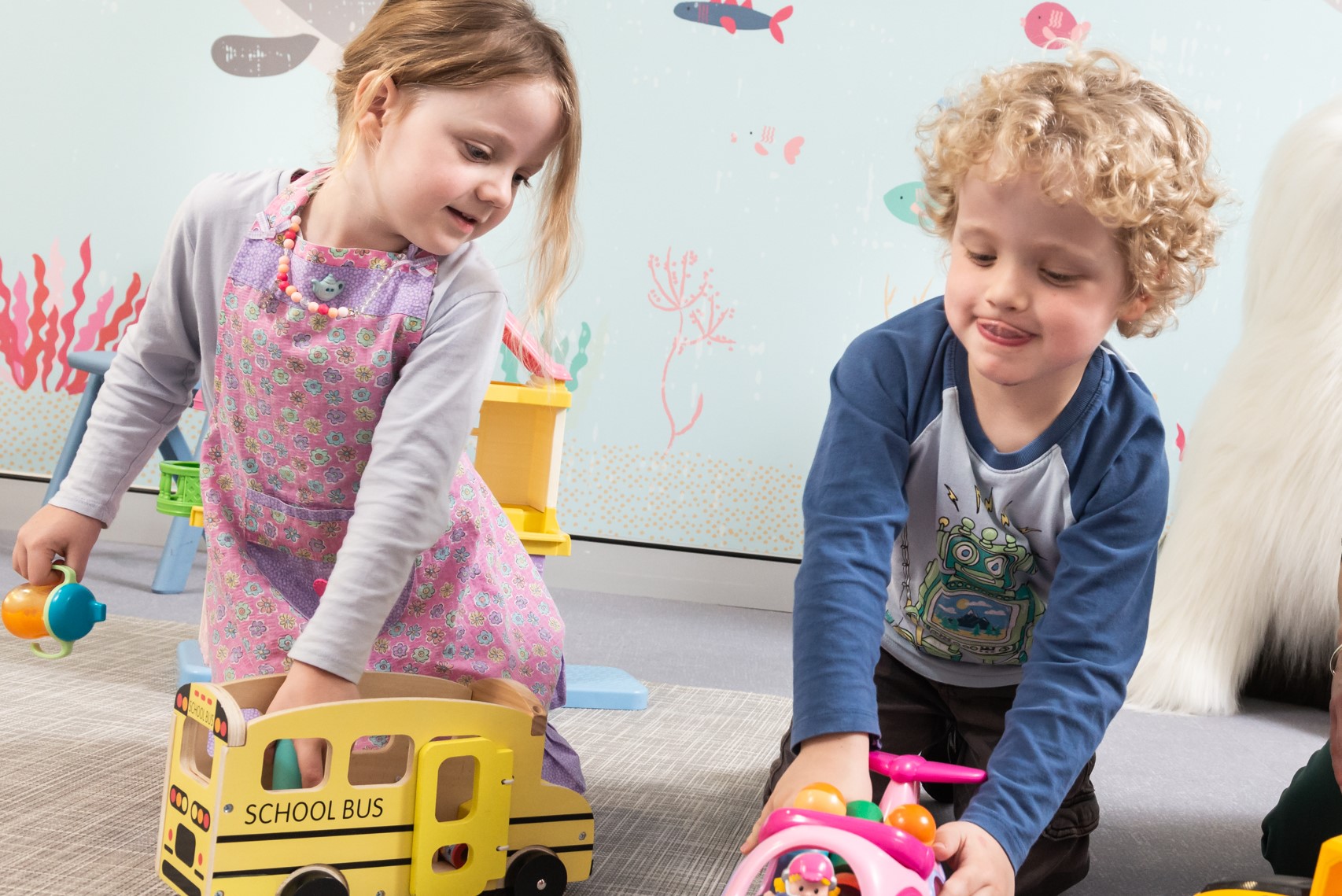Search
Showing results for "1"
Research
Evaluation of a phased pneumococcal conjugate vaccine introduction in Mongolia using enhanced pneumonia surveillance and community carriage surveysStreptococcus pneumoniae causes substantial morbidity and mortality among children. The introduction of pneumococcal conjugate vaccines (PCV) has the potential to dramatically reduce disease burden. As with any vaccine, it is important to evaluate PCV impact, to help guide decision-making and resource-allocation.

News & Events
Healthy holiday habitsThe school holidays and Christmas are a welcome break for most families but the lack of routine can prove a trying time for families living with Type 1 Diabetes

News & Events
3rd European Rett Syndrome Conference, October 17-19, Maastricht, The NetherlandsFollowing last year's World Rett Syndrome Congress held in New Orleans, the 3rd European Rett Syndrome Conference was held in the Netherlands over 3 days.
The aim of the study is the early identification of problems with the current flu vaccines, and providing parents and professionals with up to date information.
Research
Cord blood Streptococcus pneumoniae-specific cellular immune responses predict early pneumococcal carriage in high-risk infants in Papua New GuineaWe aimed to explore whether newborns in high-risk areas have pre-existing pneumococcal-specific cellular immune responses that effects early acquisition.
Research
Early morbidity and mortality following in utero exposure to selective serotonin reuptake inhibitorsThe early years of life have a profound effect on a child's developmental pathway.
Research
Building social and emotional wellbeing through the artsThe ‘Building Social and Emotional Wellbeing Through the Arts Project’ was funded in 2021 by Healthway and supported through a partnership between The Kids Research Institute Australia and Edith Cowan University (ECU).
Research
CASSETTE-clindamycin adjunctive therapy for severe Staphylococcus aureus treatment evaluation: Study protocol for a randomised controlled trialThis study will assess the effect of adjunctive clindamycin on patient-centred outcomes in severe, toxin-mediated S. aureus infections
Research
Personalised analytics for rare disease diagnosticsHere we focus on the problem of prioritising variants with respect to the observed disease phenotype

News & Events
Supporting siblings of autistic childrenIn this new blog, Senior Clinical Psychologist Rebecca Eaton offers families advice on how to support siblings of autistic children.
